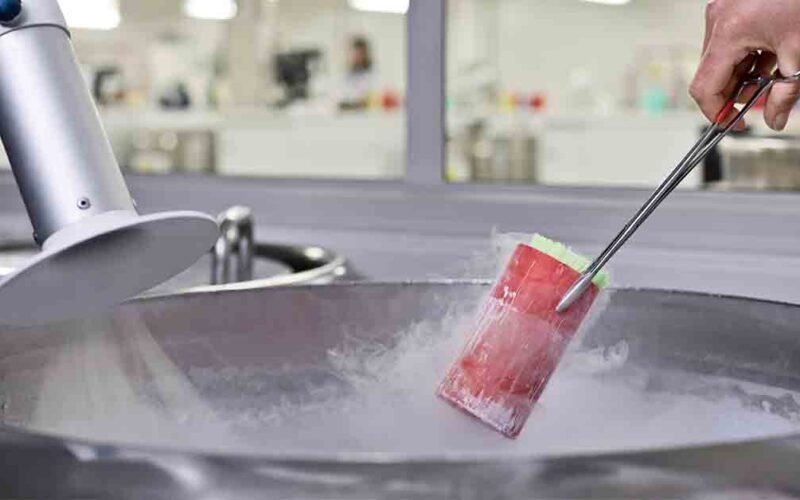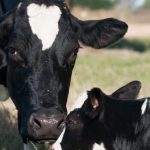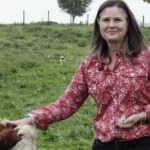
Industry Working Group slates the current system to improve the national herd via genomics as being ‘not fit for purpose’.
The New Zealand dairy industry’s system for genetic gain is not fit for purpose and the national dairy herd’s genetic progress has lagged relative to other advanced dairy industries, a new report says.
The final report of the Industry Working Group says there are multiple and complex reasons NZ has not been as successful over the past decade in adopting genomic technologies to speed up rates of genetic gain.
“The IWG is absolutely confident that New Zealand will catch up and will fully harness the benefits of genomics for faster genetic gain. While there have been bad luck and false starts there have also been a combination of ongoing challenges for using genomic technologies, some of which are unique to New Zealand,” it says.
The IWG, consisting of Colin Glass (chair), Nicola Shadbolt, Steve Allen, John Penno and John Roche, was charged with evaluating the dairy sector’s genetic improvement progress and has put forward recommendations to drive faster rates of genetic gain in New Zealand’s dairy herd.
The report was welcomed by DairyNZ, LIC and CRV, with all three organisations committed to making changes for the sector’s benefit.
DairyNZ chair Jim van der Poel called it ground-breaking because it captures in one place the reasons New Zealand has fallen behind international competitors, while clearly outlining a way forward that can involve all sector players.
“It also shows New Zealand can catch up quickly by taking key actions and underscores the immense benefits to dairy farmers – including efficiency and productivity gains through animals that are more resilient, profitable and easier to farm.
“Overcoming sector challenges to provide New Zealand farmers with world-leading genetic gain will require significant contributions from all parties.”
Recommendations include strengthening the role and impact of the national breeding objective (NBO) for achieving genetic gain in the New Zealand dairy herd.
This will improve the amount and quality of phenotypic data collected from commercial dairy herds and create an environment that encourages and supports all sector players to use genomic technologies to make genetic gain (aligned to the NBO) as fast as possible.
Van der Poel said the report acknowledges the unique nature of New Zealand’s dairy herd, and other challenges, including a significant decline in the quality and accuracy of New Zealand’s phenotypic data and farmers’ relative lack of confidence in the use of genomically evaluated young sires.
“It’s good to have these issues recognised. DairyNZ thanks the IWG for this substantial piece of work and looks forward to working with all sector players to build an improved sector-wide system.”
LIC chair Corrigan Sowman and CRV managing director James Smallwood said they are pleased with the focus on transparency and consistency.
“Genetic gain is a critical pillar in the future success of our farmers’ businesses. It is only right that, where needed, we come together to improve the structures underpinning this success,” Sowman said.
“We’re looking forward to working closely with DairyNZ to set up the right governance structures, workstreams and reporting mechanisms so we can effectively achieve the report’s stated objectives for the betterment of dairy farmers and the efficiency and profitability of their dairy herds to support New Zealand’s future.”
Smallwood said LIC and CRV appreciate the IWG’s recognition of their focus on genetic improvement for the betterment of the national herd, and the important contribution of their combined work to date.
“It’s pleasing to see the IWG encouraging the consideration of existing international models to help us find workable solutions.
The IWG plans to reconvene in three months to assess progress against its recommendations.
You can now read the most important #news on #eDairyNews #Whatsapp channels!!!
🇺🇸 eDairy News INGLÊS: https://whatsapp.com/channel/0029VaKsjzGDTkJyIN6hcP1K

























